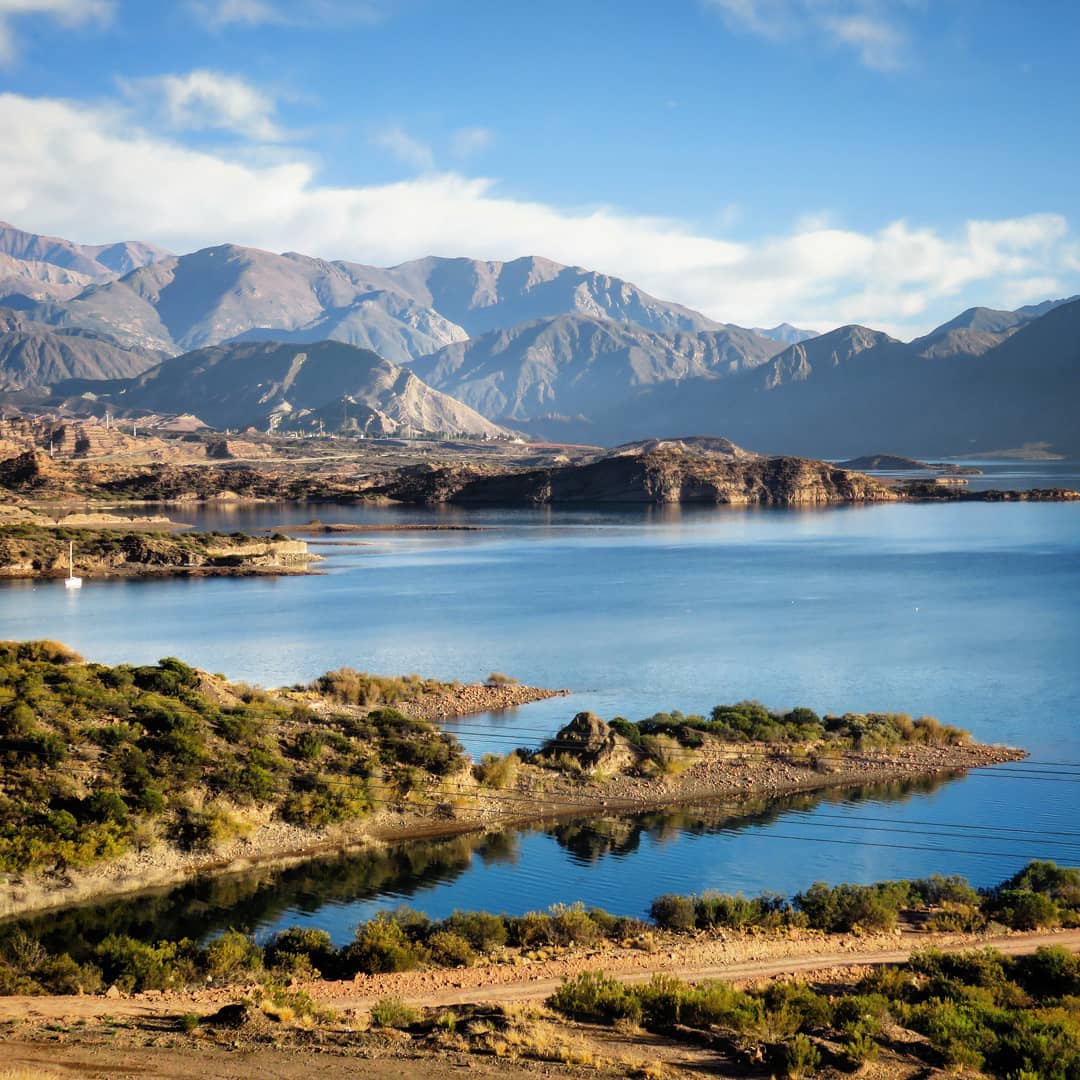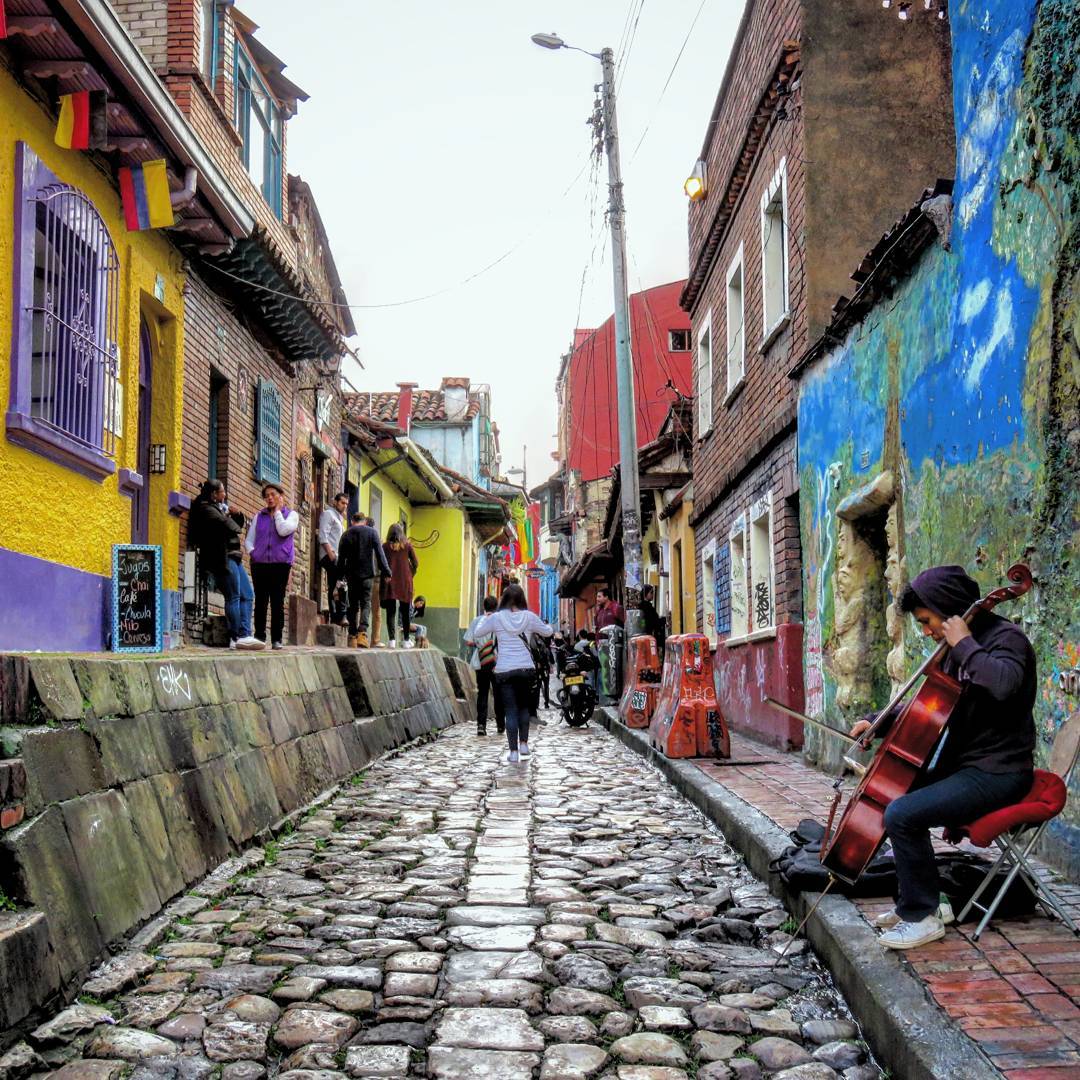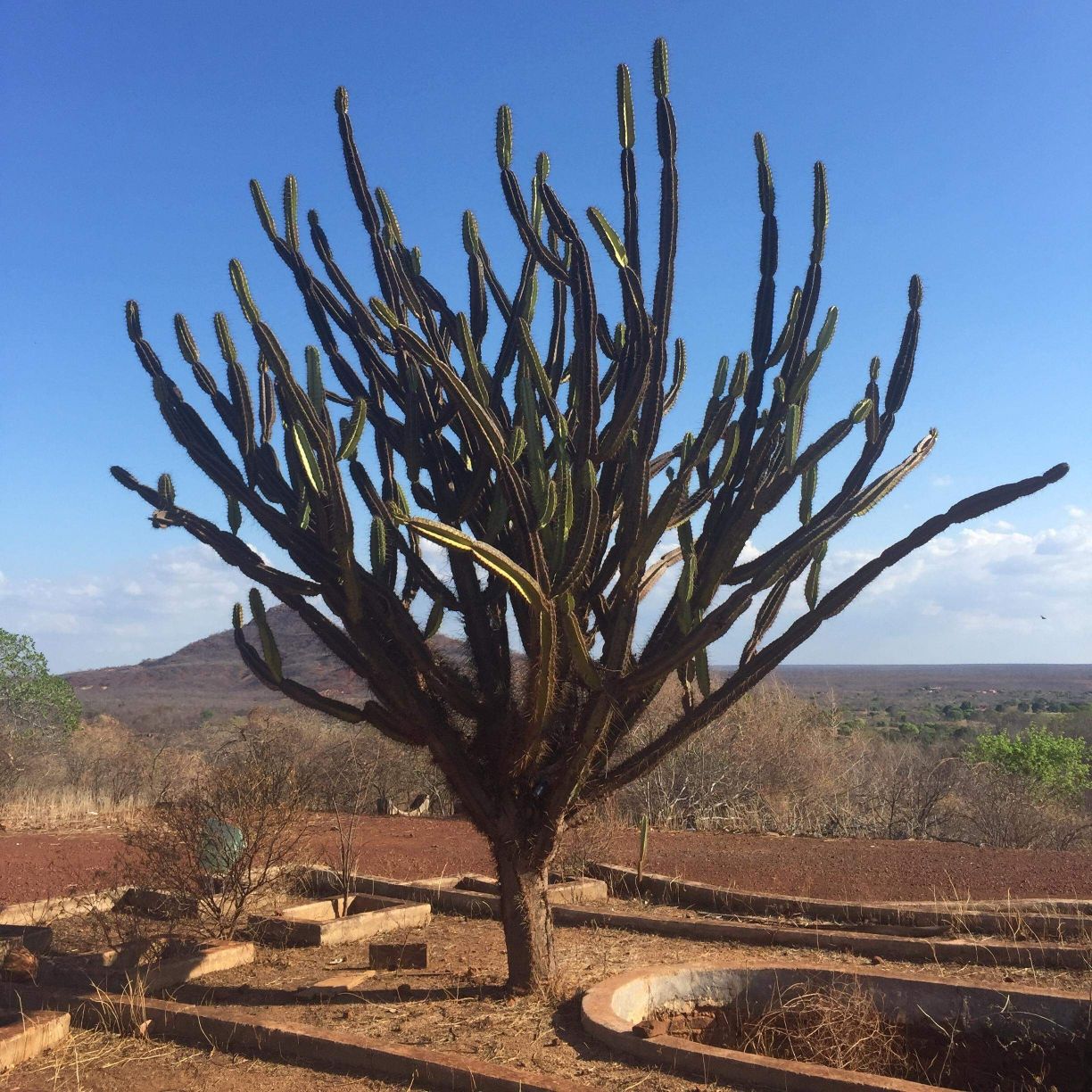Winner of the 2024 NALAS Master Thesis Award!
In
early 2024, NALAS launched the inaugural edition of the “Best Master Thesis
Award in Latin American Studies”, inviting master’s students from all Nordic
institutions and disciplines who defended their theses on Latin American
Studies in 2023. The call received an enthusiastic response, with many
outstanding submissions.
The evaluation committee consisted of Dr. Alberto Sosa Cabanas (Center for Latin American Studies, Rutgers University) and Dr. Ana María Ramírez Gómez (Department of Literature, Area Studies, and European Languages, University of Oslo).
After a thorough review of all submissions, the prize was awarded to Hanne Tangstad for the thesis titled “Salud, orgullo y prejucio. Las personas transgénero en Cuba 1972-2022” This work stood out for its originality, depth of research, and insightful analysis of the transgender experience in Cuba over five decades, situating these experiences within the broader Latin American socio-political context. Tangstad’s thesis enriches our understanding of LGBTQ+ issues, contributing to critical discussions on human rights, identity politics, and social justice in the region.
The study is based on a rich collection of qualitative data, including in-depth interviews with transgender individuals, which vividly portrays the achievements as well as the challenges undergone by this community. Tangstad uncovers the complexities of transgender life in Cuba, examining issues related to healthcare, social acceptance, and legal recognition, highlighting the dual nature of Cuban state-led initiatives, which have both supported and limited transgender rights. Grounded in a multi-theoretical framework that draws on gender theory, queer theory, and trans theory, the thesis offers a comprehensive analysis of the cultural, political, and social factors influencing the transgender experience in Cuba. Tangstad’s originality lies in her integration of diverse perspectives, from media representation to public policy and historical narratives, offering a nuanced understanding at both macro and micro levels.
Congratulations!





 NALAS Conference 2025
NALAS Conference 2025